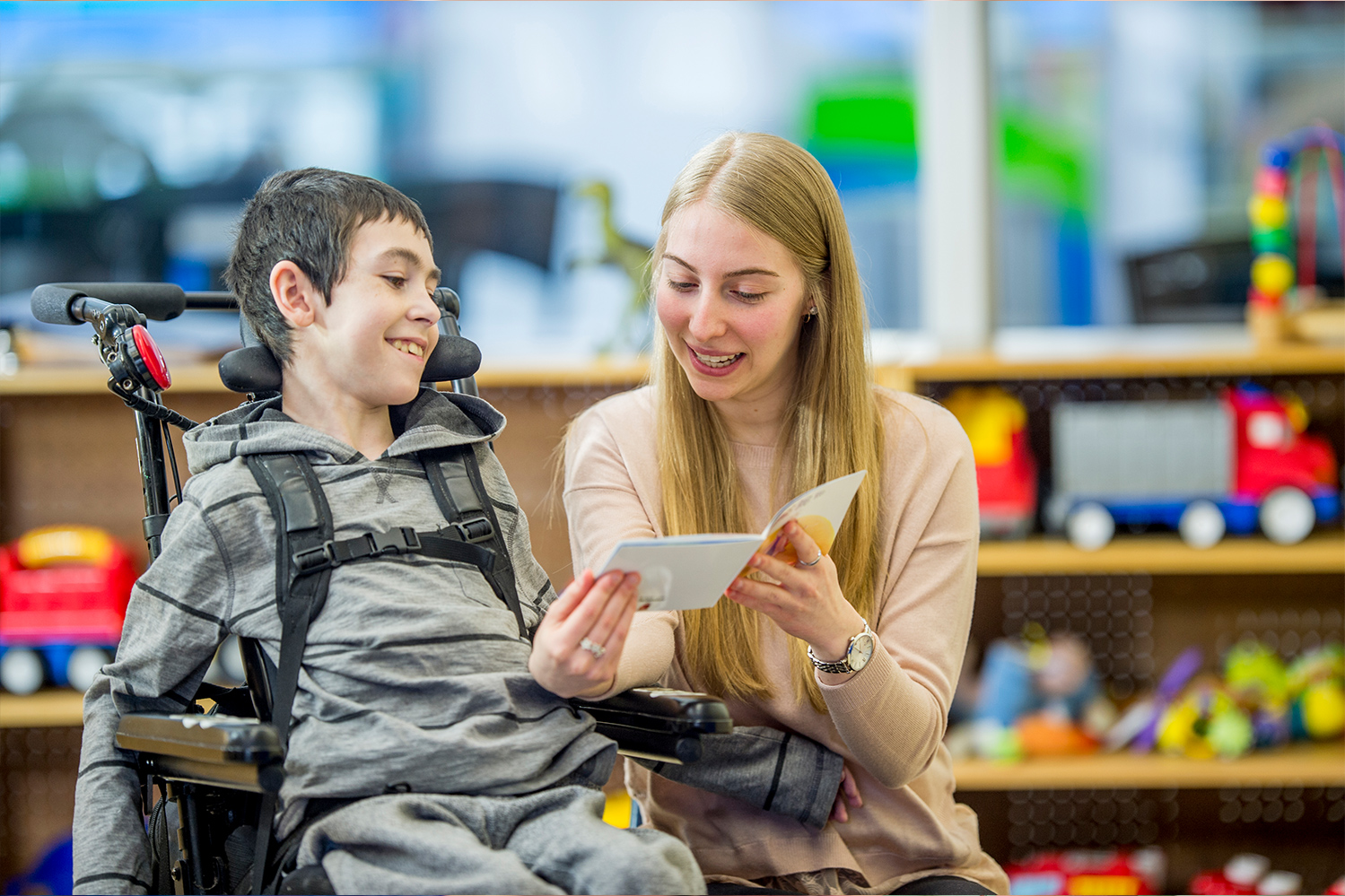Autistic children typically experience limited opportunities for social interaction and sustaining relationships. This can be due to limited interests or even our own limited ability as parents to deliver novel experiences.
To better support our children to encounter more social interactions, it’s integral to provide as many opportunities as possible utilizing both the resources available in your community.
So, how can a parent guide and support those efforts and build skills that will better equip them to flourish in these moments? Below are some ideas and tips from our clinical team that will help create more opportunities for your child to connect with peers and future friends.
- Find activities and groups that align with your child’s interests: Look for activities and groups that align with your child’s interests, as this will make it more likely that they will enjoy the activity and feel comfortable participating.
- Encourage participation in school and community activities: Supporting your child to participate in after school activities such as sports teams, clubs, or volunteer groups can be great options. These activities can provide structured opportunities for your child to interact with others and form friendships.
- Consider social skills groups: Social skills groups can be a helpful way for your child to practice and improve their social skills in a supportive environment.
- Set up playdates or social outings: You can help your child make friends by setting up playdates or social outings with other children who share similar interests.
- Locate online opportunities for socialization: Online platforms such as multi-player roleplay or group-based games can provide opportunities for your child to connect with others and form friendships. Just be sure to set appropriate boundaries and monitor your child’s online activities to ensure their safety.
The above are general tips and thoughts, and should not be misconstrued as clinical advice. If you are looking for more information on how to incorporate new experiences and build social skills, discuss those goals with your child’s BCBA. If you are not currently receiving ABA services and are curious about how it can help your child with autism be better equipped to socialize, please fill out a pre-registration form here.







